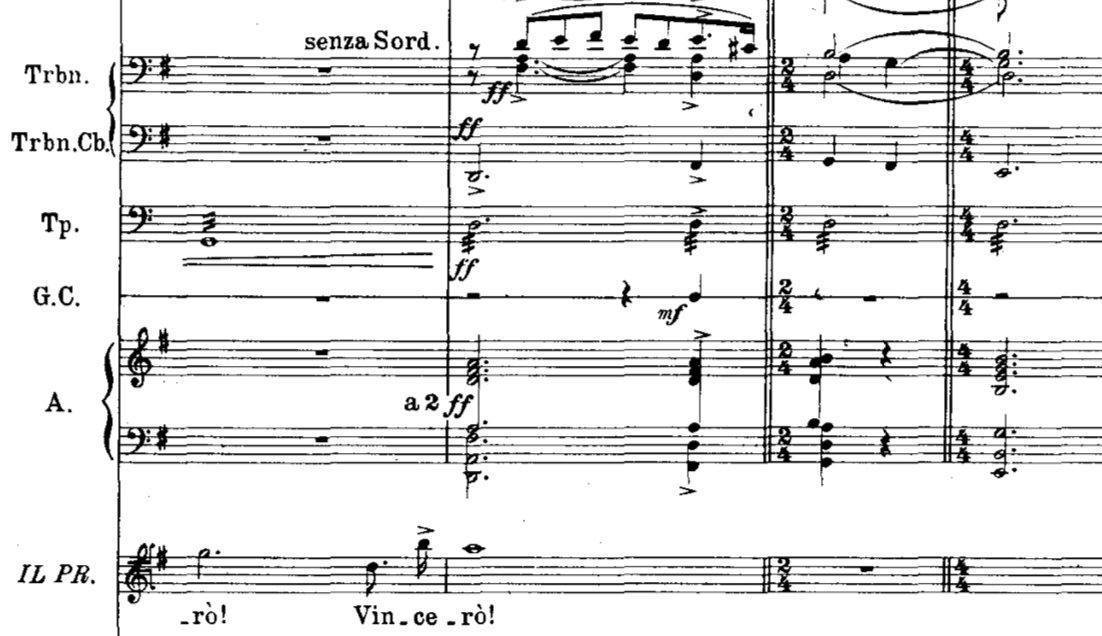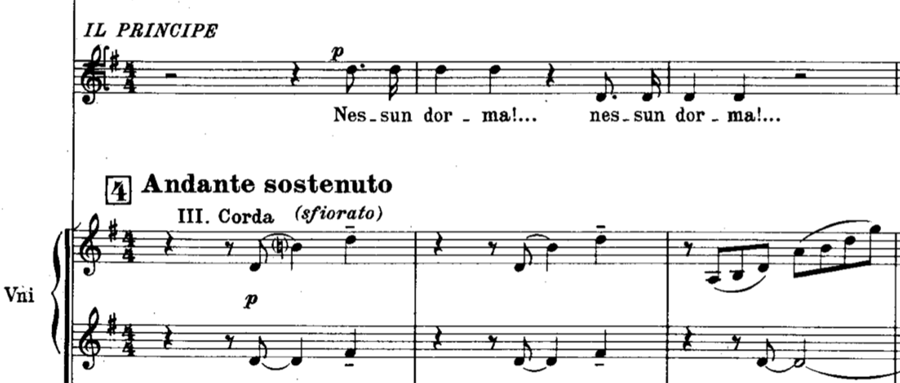by Douglas Yeo
I’m reflecting on my recent trip to Japan, something I will write about more presently.
Among the many new friends I made on my trip to Nagoya, where I was guest artist at the Nagoya Trombone Festival, was Hiroshi Kurata, trombone professor at Aichi Prefectural University. Kurata-San gave me two of his CDs as gifts. They are treasures, and unlike anything I have heard and seen before. That’s because Kurata-San is not only a superb tenor trombonist. He is a tenor. A singer. And his albums, Speranza and Tromvoce, feature him both singing and playing the trombone. It works. It really, really works. This man is a fine, fine trombonist and a fine, fine singer. More than that, he is a fine artist / musician.
This afternoon, while I was driving home from church, I was listening to Tromvoce. Among the tracks was an arrangement of themes from Giacomo Puccini’s Turandot by K. Ohashi, for trombone and voice titled Turandot Fantasy. When Tanaka-San got to the famous Act III aria, “Nessun dorma,” I pulled off the road so I could pay attention. I have loved this aria as so many others have loved it since Puccini wrote it in 1926. Kurata-San sang the aria magnificently, and when I got home, I got out my copy of the June 21, 1993 issue of The New Yorker that contains an article about the great Italian tenor, Luciano Pavarotti. The article, “The Last Italian Tenor” by David Remnick, is a riveting piece of writing, and in it Pavarotti is remarkably candid. And insightful.

There were a few paragraphs from the article that I have used in many masterclasses, and I used them again in Japan while working with students. My message was this: What we do with the trombone in our hands is important. What we do as artists / musicians / trombonists is consequential because it makes a difference in people’s lives. I quoted Pavarotti’s comments about “Nessun dorma.”
The end of this aria contains these dramatic words:
Dilegua, o notte! Vanish, o night!
Tramontate, stelle! Fade, you stars!
Tramontate, stelle! Fade, you stars!
All’alba vincerò! At dawn, I will win!
Vincerò! Vincerò! I will win! I will win!
Read Pavarotti’s comments below:


To me — and I am not alone in this thinking — this is the essence of music. Communication with an audience of an essential truth that speaks directly to the heart. The emotion of “Nessun dorma” is inescapable and Pavarotti’s comments are very, very insightful. What kind of singer are YOU? One who tries to make your music making “perfect” at all costs or one who, with honest, heartfelt expression, takes chances and wishes to change people’s lives in the process?
Listen for yourself. First, here is a recording of Pavarotti in concert from 1994. His performance, which is recorded live, is very fine. Watch it so you can observe Pavarotti’s face. “In this there is all the hope of a man,” Pavarotti said. Here, he sings it. Observe the look on his face as he sings the final Vincerò! I mean, REALLY look at his face at the final cadence; you will see exactly what Remnick was referencing in his article. This is musical and emotional involvement of the highest order. [NOTE: due to copyright restrictions, you may not be able to watch the video embedded in my blog but you CAN watch it on YouTube by clicking here.]
Haven’t had enough of “Nessun dorma”? Then click on this link for an article that has links to 10 more performances. Each has something to say.
I end this blog post where I began, with my friend, Hiroshi Kurata. Here is a video of him playing and singing “Nessun dorma.” Any trombone player will appreciate the difficulty of what he is doing here. No overdubbing. This is a live recital. Playing the trombone with great beauty and expression, then immediately singing with tremendous passion. This is a rare accomplishment. [ To view this video on YouTube, click here.]
Thank you, Kurata-San. Thank you, Pavarotti. Thank you, God, for this remarkable gift that we call music that can stir our hearts.
Vincerò!


